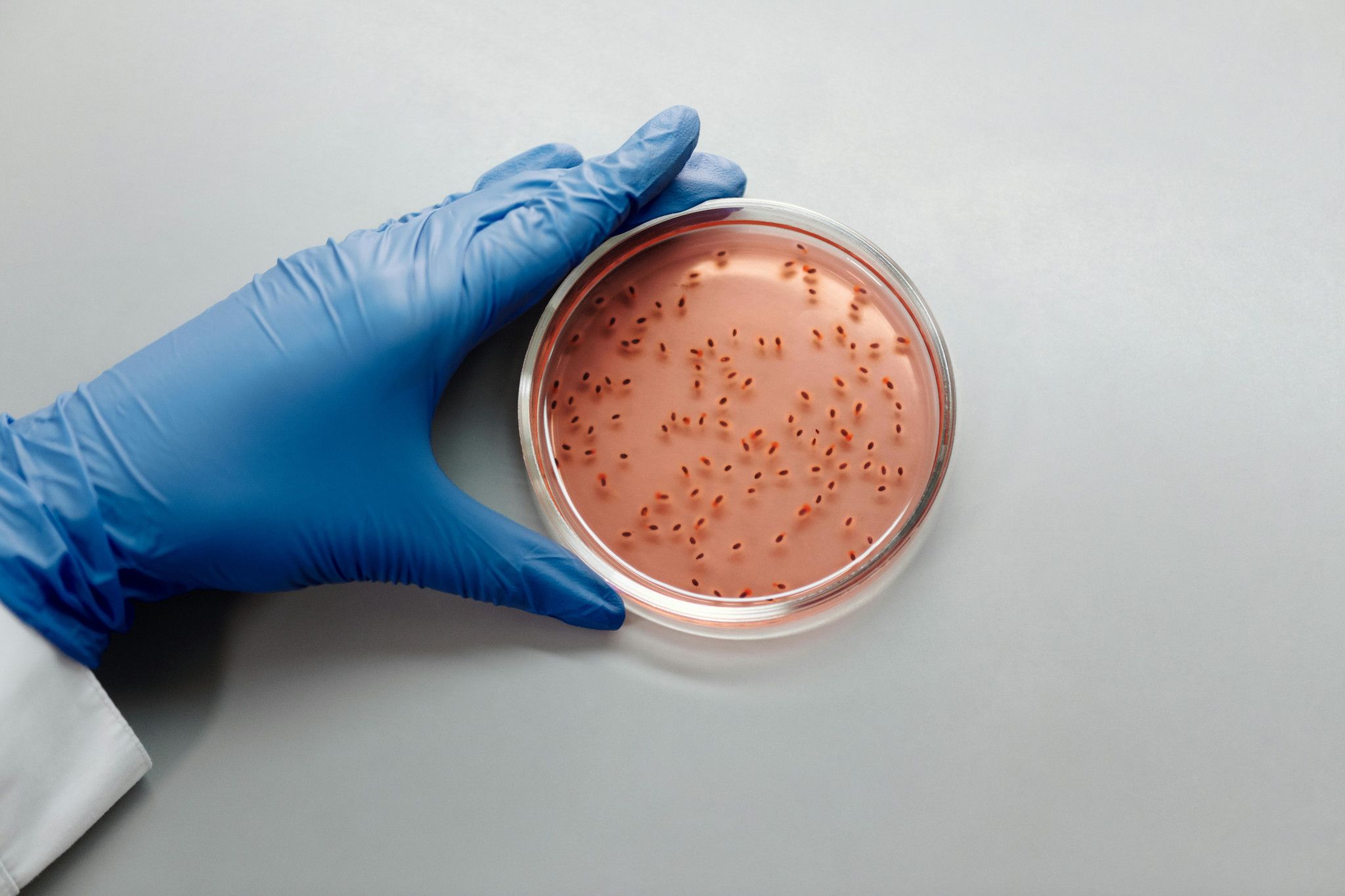
What is UKHSA doing about antibiotic resistance?
The UK has a 20-year vision for tackling AMR through a series of 5-year National Action Plans (NAPs)UKHSA’s Comprehensive Approach to Tackling Antibiotic Resistance
Antibiotic resistance is a pressing global health issue, posing a significant threat to public health and modern medicine. The UK Health Security Agency (UKHSA) has launched a comprehensive strategy to combat this menace through their 2024-2029 National Action Plan. This blog post delves into the multifaceted efforts undertaken by UKHSA to curb antibiotic resistance, ensuring a healthier future for all.
Limiting Unnecessary Antimicrobial Use
One of the cornerstone strategies of UKHSA is to minimise the overuse and misuse of antimicrobials. This involves stringent guidelines for healthcare providers to prescribe antibiotics only when absolutely necessary. By reducing unnecessary prescriptions, UKHSA aims to slow down the development of antibiotic resistance. Public awareness campaigns are also pivotal in educating the public about the dangers of antibiotic misuse and the importance of adhering to prescribed treatments.
Enhancing Surveillance of Drug-Resistant Infections
UKHSA places significant emphasis on enhancing the surveillance of drug-resistant infections. Through robust data collection and analysis, the agency can track the prevalence and spread of resistant strains. This surveillance extends to both human health and the agricultural sector, recognising the interconnectedness of human, animal, and environmental health – a concept known as One Health. The data gathered helps inform policy decisions, guiding the implementation of effective interventions and resource allocation.
Promoting the Development of New Treatments
The agency is actively involved in promoting the research and development of new antimicrobial treatments. Recognising the limitations of current antibiotics, UKHSA supports innovative research into novel antimicrobial agents and alternative therapies. This includes funding research projects, fostering collaborations between academia and industry, and providing a platform for sharing knowledge and breakthroughs in the field of antimicrobial resistance.
Human Health Surveillance and Infection Prevention
Effective surveillance of human health is crucial in identifying and responding to antibiotic resistance. UKHSA employs advanced analytical methods and state-of-the-art testing facilities to monitor resistance patterns. This includes genome sequencing of pathogens to understand their evolution and spread. Additionally, infection prevention measures in healthcare settings, such as stringent hygiene protocols and the use of infection control teams, play a vital role in reducing the incidence of resistant infections.
Addressing Antimicrobial Use in Animals and Agriculture
UKHSA recognises that the use of antibiotics in animals and agriculture significantly contributes to the development of resistance. The agency collaborates with veterinary and agricultural sectors to promote the responsible use of antibiotics in livestock and poultry. This includes setting guidelines for antibiotic use in animal husbandry, encouraging alternative measures for disease prevention and general animal health. Our flagship product, Peranan™ promises to make a significant impact in this area.
Public Health Campaigns and Education
Educating the public is a key component of UKHSA’s strategy. Public health campaigns aim to raise awareness about the proper use of antibiotics, the risks of resistance, and the importance of vaccination in preventing infections. By empowering individuals with knowledge, UKHSA hopes to foster responsible behaviours that contribute to the broader fight against antimicrobial resistance.
Rapid Outbreak Response
In the event of an outbreak of a drug-resistant infection, rapid response is essential to contain its spread. UKHSA has established protocols for swift action, including the deployment of outbreak response teams, rapid diagnostic testing, and the implementation of control measures. These efforts are supported by a network of laboratories and public health professionals equipped to handle emergencies effectively.
Collaborative Efforts and Global Partnerships
Antimicrobial resistance is a global issue that requires a coordinated international response. UKHSA collaborates with global health organisations, research institutions, and governments to share data, resources, and best practices. Through partnerships with bodies such as the World Health Organization (WHO) and the European Centre for Disease Prevention and Control (ECDC), UKHSA contributes to a unified global effort to tackle antibiotic resistance.
Innovation and Research Facilities
UKHSA’s commitment to innovation is reflected in their investment in cutting-edge research facilities and technologies. These facilities enable advanced research into antimicrobial resistance, facilitating the development of new diagnostic tools and treatments. By staying at the forefront of scientific advancements, UKHSA ensures that the fight against antibiotic resistance is informed by the latest research and technological innovations.
The UK Health Security Agency’s multifaceted approach to combating antibiotic resistance is a testament to their commitment to public health. By limiting unnecessary antimicrobial use, enhancing surveillance, promoting new treatments, and fostering public education, UKHSA is addressing the challenge of antibiotic resistance head-on. Through collaboration, innovation, and a comprehensive strategy, they aim to safeguard the effectiveness of antibiotics for future generations. For more detailed insights, you can visit the full UKHSA blog post.